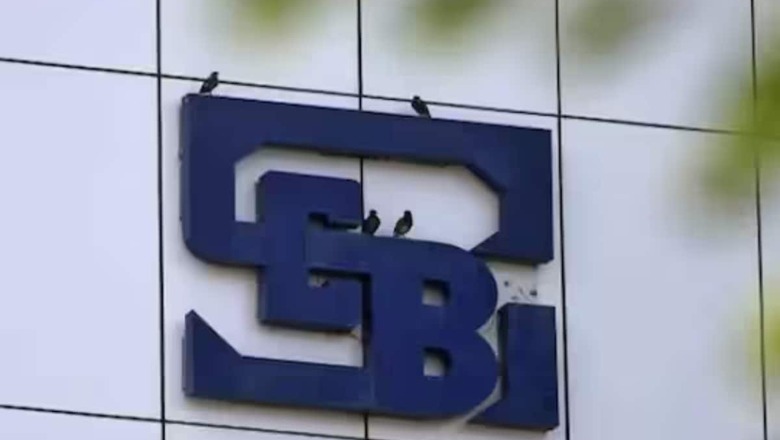
views
Capital markets regulator Sebi on Wednesday halved the timeline for listing of shares on stock exchanges after the closure of Initial Public Offerings (IPOs) to three days from six days at present. The new listing timeframe will be voluntary for all public issues opening on or after September 1 and mandatory for all the issues which come after December 1, the Securities and Exchange Board of India (Sebi) said in a circular.
The reduction in timelines for listing and trading of shares will benefit both issuers as well as investors. Issuers will have faster access to the capital raised thereby enhancing the ease of doing business and the investors will have the opportunity for having early credit and liquidity for their investment.
“It has been decided to reduce the time taken for listing of specified securities after the closure of public issue to three working days (T+3 days) as against the present requirement of 6 working days (T+6 days). ‘T’ being issue closing date,” Sebi said. The regulator said that the compensation to investors for the delay in unblocking of ASBA application money shall be computed from T+3 day.
Sebi said that Registrar to an Issue would undertake third-party verification of the applications by matching the PAN available in the demat account with the PAN available in the bank account of the applicant. In instances of mismatch, such applications would continue to be considered invalid applications for finalising the basis of allotment. The move came after the board of Sebi approved a proposal in this regard in June.
Last month, Sebi Chairperson Madhabi Puri Buch also said the capital markets regulator is working on instant transaction settlement in the stock markets. She said India is the first major economy to move to T+1 for all shares and this is path-breaking.
The Indian share market fully shifted to a shorter (T+1) trading cycle from January 27, making the country the first in the world to do so. Before that, the domestic equity market followed the T+2 settlement cycle, which means if you buy a share on Monday, it will be credited into your demat account on Wednesday (T+2). With the T+1 trading settlement system from January 27, investors will be able to get the shares in their demat accounts and sell them the next day (Tuesday, in this case).
(With Inputs from PTI)




















Comments
0 comment